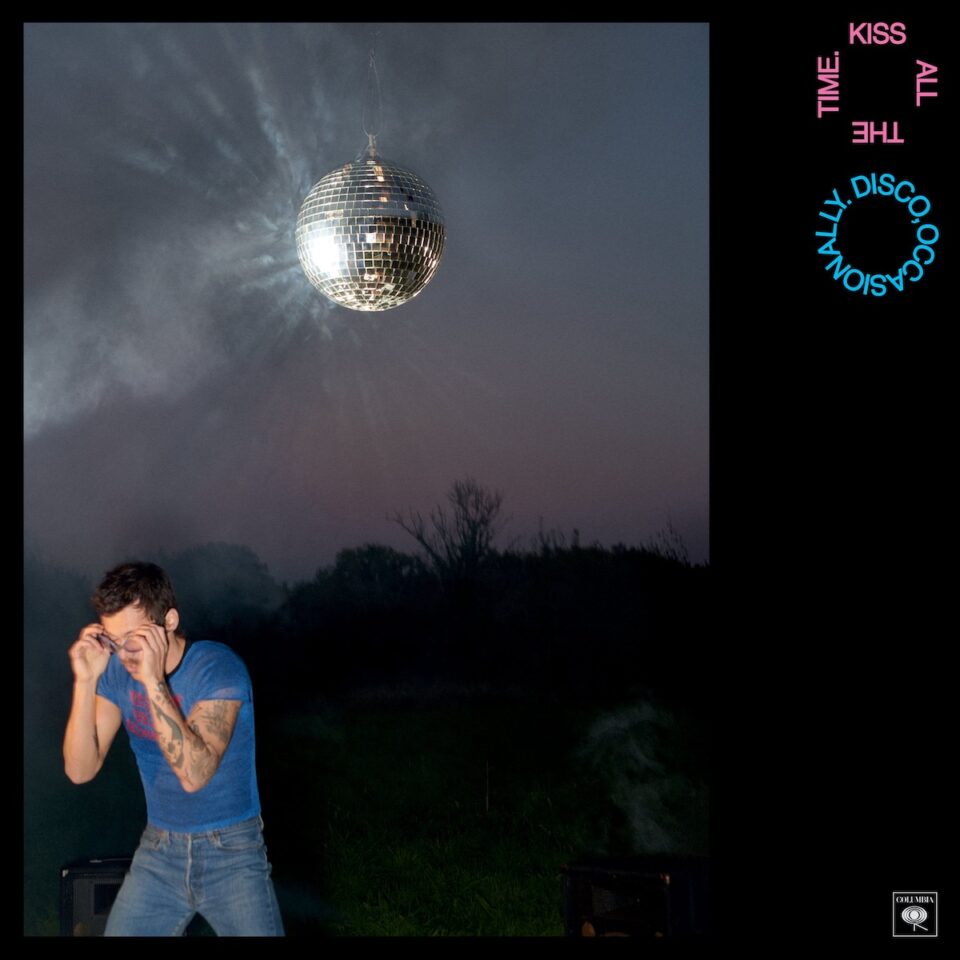David Byrne
Who Is the Sky?
MATADOR
David Byrne didn’t need the spectacle of the theater and the healing music of American Utopia to make him a treasured commodity. Yet both things happened when it came to his 2018 weighty-wonky album, its heralded 2019 stage adaptation, and its 2020 documentation on film by Spike Lee. Byrne’s oblong, inclusive universality—the thing we’ve loved about him since Talking Heads; the thing that made his aficionados purr, even with its occasional pretense and yippy vocalese—was in full, folksy flower through the multiples of that project, and turned him, finally, into the free artjazz Garrison Keillor for Gen X that we always knew he could be.
For an encore, through the cluttered arrangements of Brian Carpenter’s Ghost Train Orchestra and the low-moaning synth squiggles of Kid Harpoon (the guy responsible for Harry Styles’ Harry’s House), Byrne continues his spread across the urban prairies in order to pinpoint our goofball commonalities (“Everybody Laughs,” “When We Are Singing”), the mirthful quirks of romance (“She Explains Everything to Me,” “A Door Called No”), and his own intimacies—which, no matter how much he reveals about himself, continue their distance so as to keep him at bay (“My Apartment Is My Friend” and its silliest, telling lyrics: “You’ve seen me at my very worst, but we always get along”). When Byrne and Paramore’s Hayley Williams spar nobly on the topic of love during the jittery “What Is the Reason for It?” neither yelper gets to the heart of the matter (“Does it do something useful?”), yet both seem to have fun trying.
Then there’s art and the infinite—Byrne’s favorite topics, the things that make his lyrical, melodic, and rhythmic engines roar. When he appropriates the soul of a spiritual deity and turns them into a hungry cat with a rabid sweet tooth on “I Met the Buddha at a Downtown Party,” you sense the joy that he experiences at turning this guru into a regular guy, a mountainous totem brought happily into the bite-sized and palpable. And only Byrne—the man who made the avant-garde into a mainstream commodity—would actually title a song “The Avant Garde” and roll its free features and abstractions into definition without ever confining its need for space. “It’s ahead of the curve,” Byrne coos and cackles. “It’s deceptively weighty, profound, absurd…it’s whatever fits.” Perhaps, with that one perfect line, he finally got to the heart of who he’s been since ’77, and where he’s going into the great beyond.







